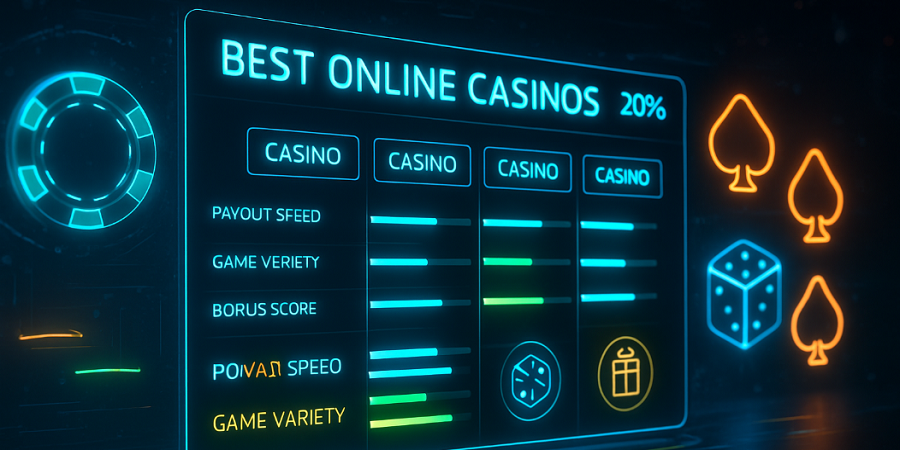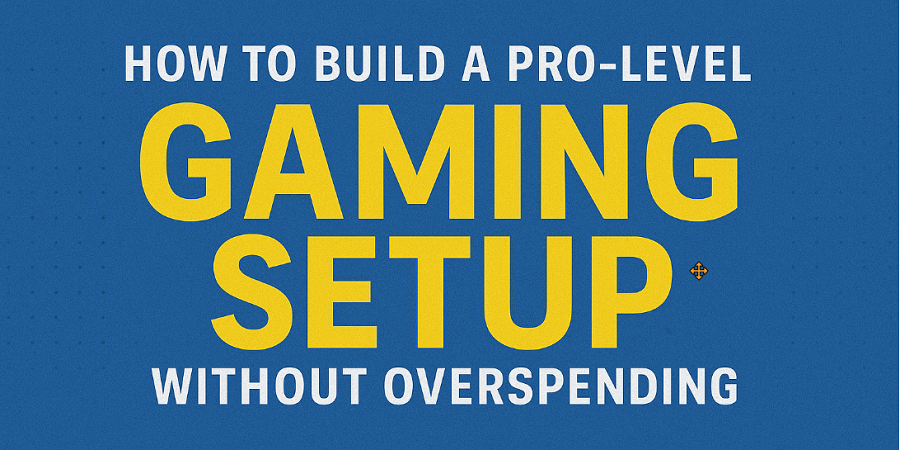The sports betting industry is huge. In the U.S. alone it’s estimated to be worth $11.9 billion, and with a predicted CAGR of 8.62% between 2018 and 2022 it seems only to be growing.
That’s great news for the sportsbooks themselves, who in past decades have jumped on technological movements like growing use of smartphones and the rise of the internet to make sure they remain at the forefront.
This industry obviously generates enormous amounts of revenue and has millions of devoted customers —but are these customers getting the best experience?
Increasingly, it’s looking like bettors are facing problems when using traditional sportsbook platforms. The experience for many people can at times be frustrating, time-consuming, and disappointing — not what people expect from what’s supposed to be a fun hobby.
The problems with sports betting
One important part of betting is finding the best odds. This might seem like a straightforward process, but it can actually be fairly demanding. Sportsbooks can often generate wildly different odds from each other, and finding the best and most accurate can take hours of searching and comparing.
There are few platforms where users can see all the major sportsbooks’ odds laid out in one place. The effort of hunting down every provider to find the best odds can be more trouble than it’s worth.
This stems from the fact that major sportsbooks are centralized. They’re big, self-contained companies that don’t share their data or methods with anyone else.
Each large betting service comes with its own teams of analysts and data scientists, and they work independently of other companies towards the same goals.
This culture of isolation and lack of co-operation makes it tough to get a good overall picture of the odds and reduces accuracy.
To make matters even more confusing for bettors, the community is flooded with pundits and self-proclaimed experts who make predictions and claims based on little to no evidence. On the internet, it’s all too easy for someone with a large following to make outlandish claims about previous betting success and make money by offering their near-psychic predictive abilities for sale.
These pundits often dominate online discussion spaces, using sophisticated marketing techniques and big platforms to ensure their voices are heard. Meanwhile, data-focused points of view and predictions based on scientific analysis are drowned out.
The issues with the sportsbook industry extend far beyond this, however. Many customers report issues with cashouts and being paid their winnings. It’s common for payouts to take a long time, and limits on the amount users can withdraw force them to take out the money in instalments, adding to the time and cost.
In addition to this, if a sportsbook collapses then its customers are likely to lose all the winnings and deposits they’ve stored in it.
The result of all this is an industry where customers are faced with multiple annoying challenges just to enjoy a hobby. There are also few spaces where bettors can come together and have serious discussions about the data aspect of sports betting.
Fortunately, there could be a solution in the form of blockchain technology.
Using blockchain to improve sports betting
Blockchain is the technology underlying cryptocurrencies like Bitcoin. It involves storing data in blocks, in a ledger of information that’s available to anyone willing to download it.
It’s decentralized — there’s no central party in control of the information and everyone’s ledger updates automatically every time a new transaction takes place. If anybody tampers with the information on a ledger, it will appear different to all the others on the network, making any corruption easy to spot and stop.
This decentralization is what makes blockchain really interesting for sports betting. It marks a move away from the traditional centralized sportsbooks mentioned above, and can make it easier to share information from multiple sources.
This is what a number of companies, like BlitzPredict, are working on. They’ll use blockchain to gather information on odds from all major sportsbooks and combine them in one platform. They’ll use their own token to reward participants and encourage people with backgrounds in data analysis to get involved. It could save bettors a huge amount of time and energy comparing different sportsbooks.
Blockchain is also famously safe, largely thanks to the encryption it uses and its resistance to corruption and tampering. This can help avoid many of the issues with payment and lack of trust that plague bettors.
In the same vein, blockchain can be used to build smart contracts. These are digital contracts that self-execute when certain criteria are met, independently of any third party. They’re relevant to the world of betting because users could set a contract to automatically place a bet or cashout when certain things happen.
Lastly, blockchain could allow decentralized networks and communities to form where data-minded scientists and analysts are able to share their insights and expertise with betting enthusiasts, to the benefit of all.
Blockchain is an interesting new approach to an industry that is in need of some changes, and a way for sports betting to ride the next wave of technological progress.









